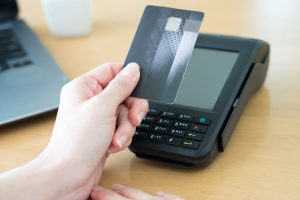If you've misplaced the checkbook from which you've been writing checks, you might be tempted to grab a check from a different box. This will make your checks be written out of order. Will this be an issue? We researched this situation in depth so you'll know what to do.
You do not have to write checks in sequential order. Your bank will not care what order the checks are written or cashed in. However, you'll find that writing checks in sequential order makes it easier for bookkeeping.
Now that we know you can write checks out of sequential order, we'll take a closer look at why you should strive to write checks in sequential order. You might also be wondering if two checks can have the same number or how long you should keep duplicate checks. For the answers to these questions, read ahead in this post to see what our research has uncovered.
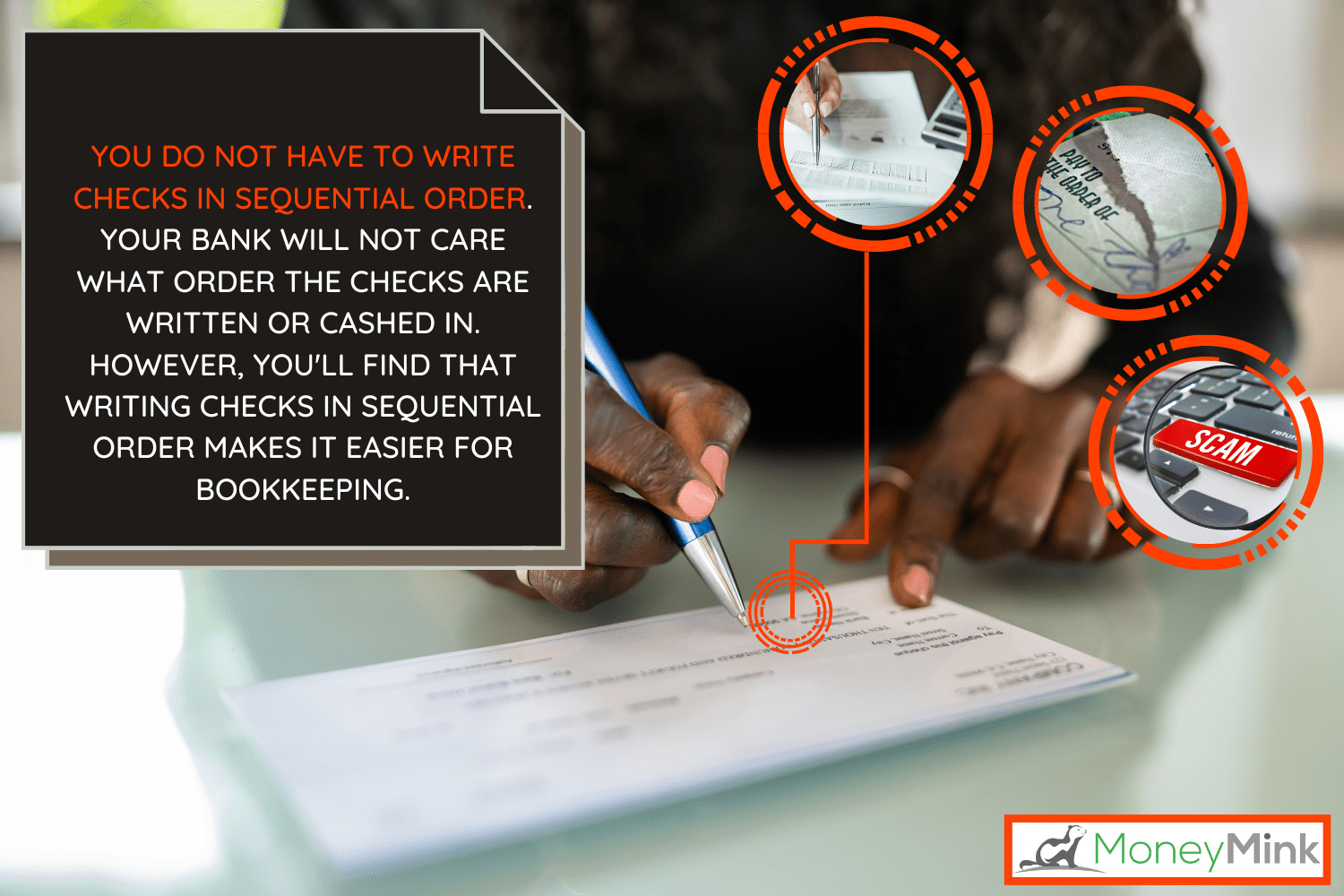
Why Writing Checks In Sequential Order Is Important
The numbers on the top right corner of your checks are there for a reason. Along with the person or business you are writing the check to, these numbers make it possible to keep track of the funds going out of your checking account.
Using your checks in sequential order makes keeping track of the checks already written a lot easier.
When you look at your bank statement, it will list each check that has been cashed from your account. Most commonly, these will be listed in chronological order, though sometimes a bank will have them listed in the order that they were cashed.
If you use a check that is far ahead of the sequence that you are writing from, it can cause some potential issues.
If you write checks out of order, it can be tough to keep track of checks that are still waiting to be cashed as well as ones that have not yet been written. This practice can also make it take longer to identify check fraud, as scammers will often use a higher number check.
What Are The Rules For Writing A Check?
Though it might seem like writing a check can be done quickly and easily, there are certain steps you need to take to make sure the transaction is valid. One missed step can lead to the check not being accepted by a bank. Additionally, if you skip certain items, it can make your bookkeeping a nightmare.
Dating The Check Is Important
First, it's important to date the check. This will keep old forgotten checks from being cashed. It also helps you with your bookkeeping, as you can match the date the check was written with the date of the expense in your ledger.
The Payee Line Should Be A Legal Name
Next, be sure to write in who the check should be made out to. In the "Pay to the order of" area, write the legal name of who should be cashing the check. Then, write in the dollar amount to the right of the payee. This will be in the box just below the check number.
Then you'll write in the dollar amount in words. This is done below the payee.
There Are Two Places At The Bottom Of The Check To Pay Attention To
At the bottom of the check, there is a memo line on the left. Write in a few words that describe the transaction. Sign the check with your legal name on the opposite bottom side of the memo line, and your check will be legal to cash.
Don't forget to record the transaction in your check register! When you balance your checkbook every month, you should compare the register to the bank statement.
Check to see what checks have cleared and which ones are outstanding. Match the amount on each check with the amount of each check cashed. Look for any discrepancies.

Why Is Consecutive Numbering Used On Checks?
The numbers on the checks make it a lot easier to keep track of checks that have been cleared. When you look at your bank statement, it will list the check number first. Most commonly, the checks will appear on the statement in sequential order, making it easy to see ones that are still outstanding.
Matching those missing checks to ones that you have written in your check register only takes a moment. This comparison will show not only what checks are outstanding but how much money is still waiting to be drawn out of your account.
The numbers are in order for a reason. Even though you aren't legally required to write them in order, it's best practice to do so.
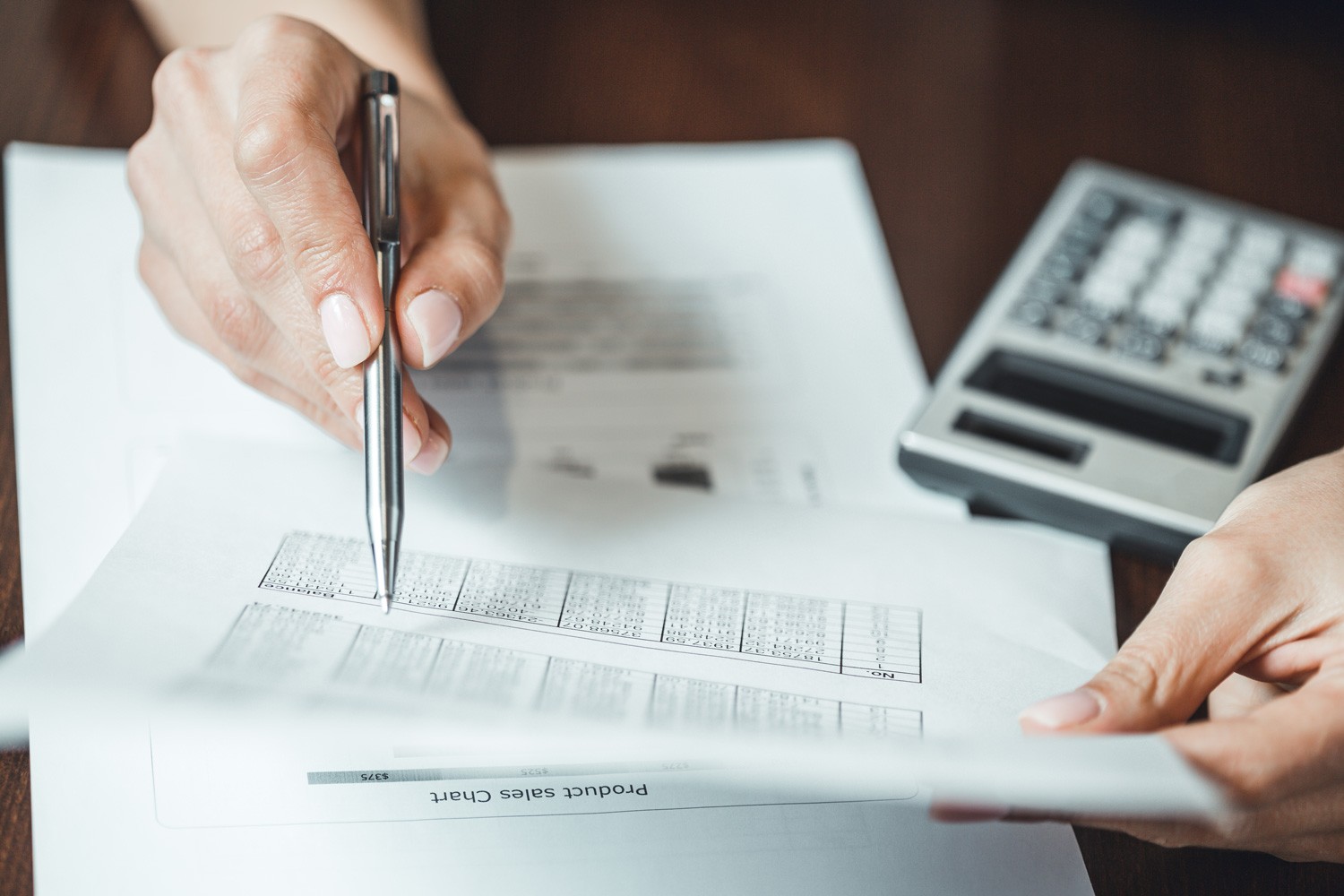
Can Two Checks Have The Same Number?
Legally, two checks from the same checking account cannot have the same number. If this happens, it can be due to a printing error. But most likely, it is because of fraud.
Someone that is making a counterfeit check will often use a real checking account number and routing number. This makes the bank think that the check is real. It will need to have a check number as well to appear legitimate.
Con artists will sometimes use a higher check number to avoid the possibility of a duplicate number. Always balance your checkbook so that you can manage your funds and report potential fraud.
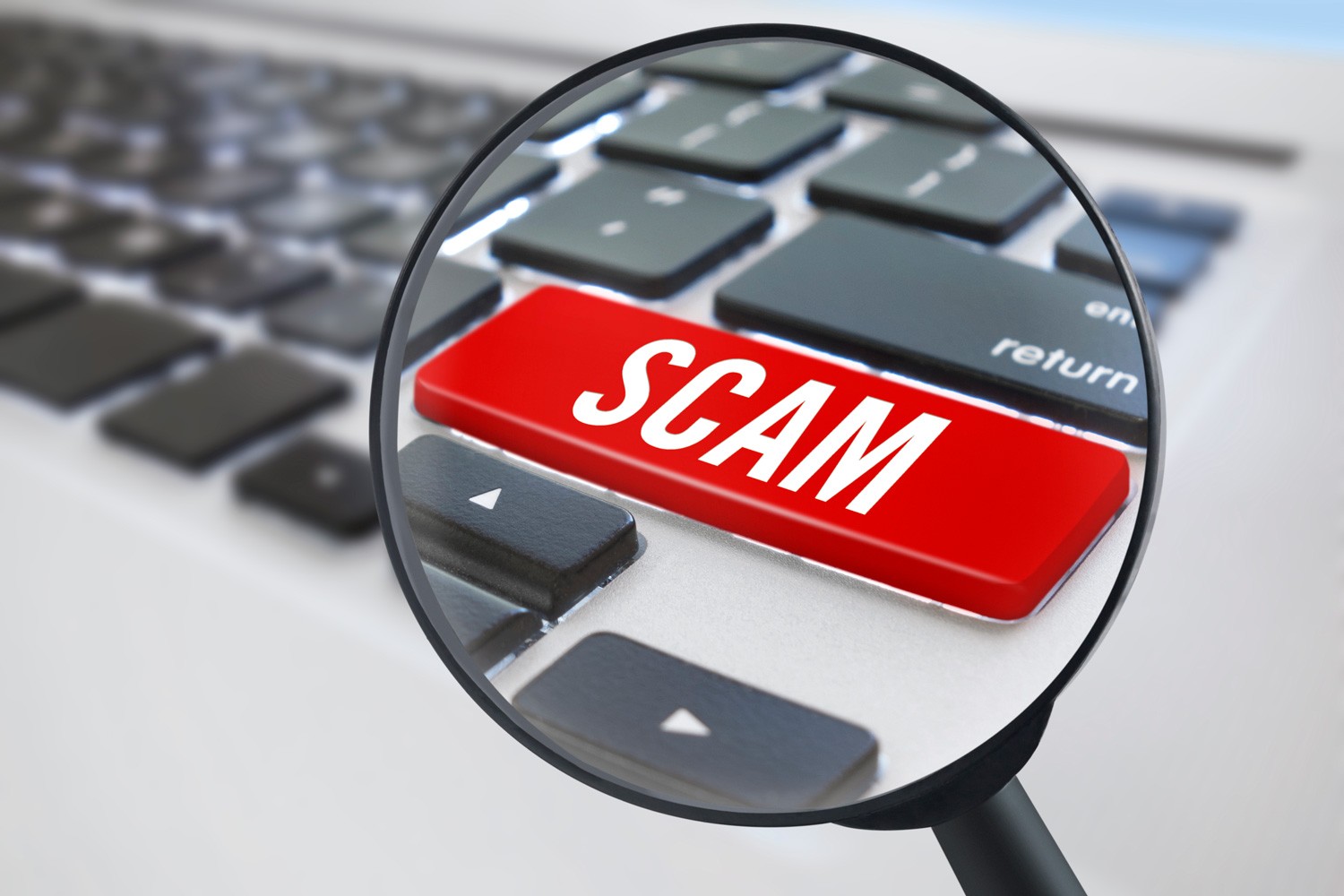
What Is The Difference Between Single And Duplicate Checks?
A single check is one that is written out and distributed without any trace. You will need to immediately record the transaction in your check register so that you have a record of who it was written to when it was written and for what amount.
A duplicate check, also known as a carbon copy check, is a thin layer of carbon paper behind the individual check. When you write out a check, the transaction is duplicated on the carbon paper. This gives you immediate proof of the entire transaction.
A duplicate check should not be used as a substitute for recording the transaction in your register. Though these duplicate checks are great tools, you might find that the carbon impressions wear over time, making them impossible to read.
They will also fail to copy at times, which means recording the transaction in your register is critical.
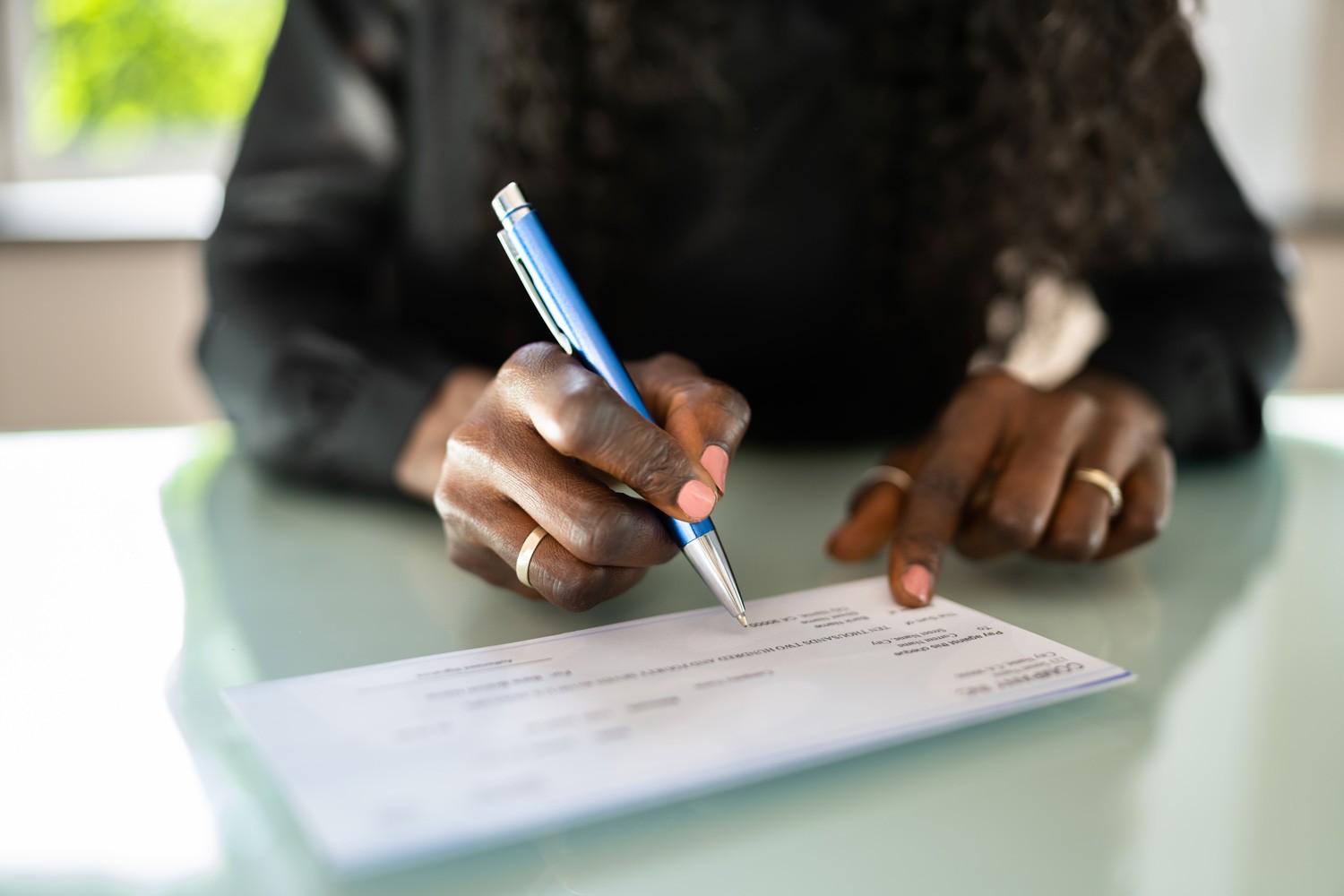
How Long Should You Keep Duplicate Checks?
Proper record keeping means holding on to documents for longer than you might think. Tax audits can go back for as long as seven years, making it important to maintain copies of not only your duplicate checks but also your check registers.
Bank regulations make financial institutions keep copies of your voided checks for a minimum of five years.
This rule is in place only if they do not return your canceled checks to you with your statement each month. It's recommended to keep your canceled checks for seven years as well so that you can have a backup in case of an audit.
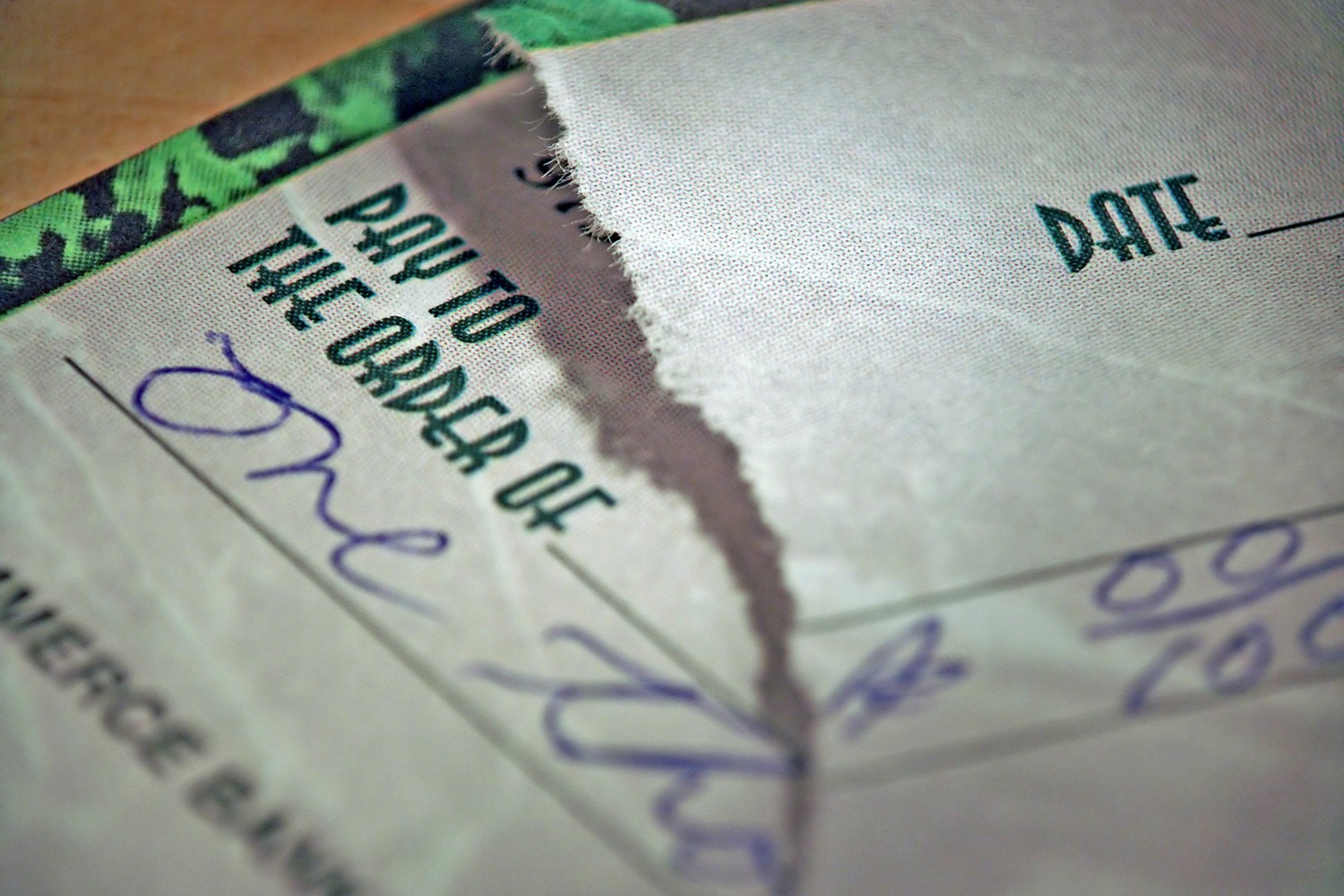
Should Old Checks Be Shredded?
Any check will have private information on them that you do not want in the hands of a con artist. Not only is your name, address, and other personal information on each one, but your financial institution's name is exposed.
Your account and routing numbers are at the bottom of each check. Should a check fall into the wrong hands, your banking information can be used with your personal information for identity theft.
Be sure that every check, bank statement, and other document with personal and/or financial information is shredded when they are no longer needed. And while they are being stored, take measures to ensure that these records are secured.
Final Thoughts
Writing a check out of sequence will not void the check, but it does make bookkeeping a bit more difficult. Keeping track of every check you write means balancing your checkbook regularly, matching the check numbers and amounts on the statements against those on your check register.
Retaining old checks and statements for seven years is recommended; just be sure to shred old documents when they are no longer needed.
We hope this post answered all of your questions. For additional information, we suggest reading the following posts:
Can You Deposit A Check For Someone Else Into Their Account?



